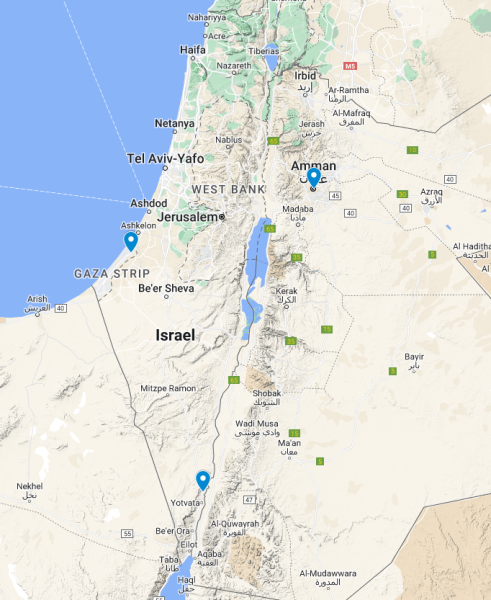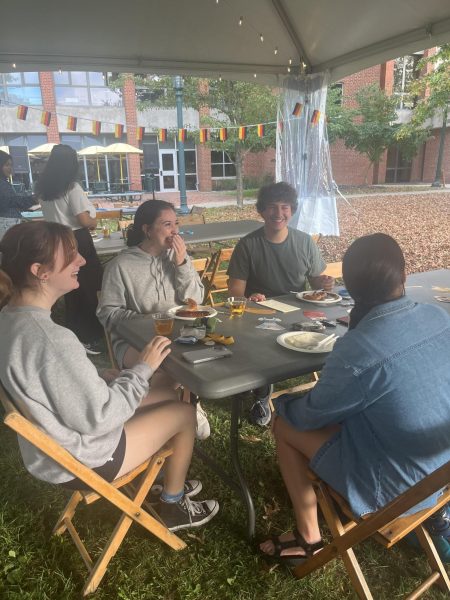Suicide bombing in Pakistan kills three, injures 20
Just a few weeks after the bombings in Afghanistan resulted in the deaths of 13 U.S. Marines and a vehicle collision with a landmine killed three Levies police personnel, another suicide bomb was detonated near the Sona Chan checkpost in Quetta, Pakistan on the morning of Sunday, Sept. 5.
According to the Pakistani police, at least four paramilitary troops were killed and 20 others were injured in the blast.
According to The Hindu, 18 of the individuals injured were security officials and the other two were bystanders.
Following the attack, senior police officer Azhar Akram explained to Al Jazeera that some of those wounded in the attack were in critical condition, and that the death toll could rise.
Akram also described that the attacker drove a motorcycle packed with six kilograms, or 13.23 pounds, of explosives to the checkpoint by the paramilitary Frontier Corps on Quetta-Mastung Road.
This road is 25 kilometers south of the city of Quetta, the capital of the Balochistan province, a region of Pakistan that borders Iran and Afghanistan, and is located near the Mian Ghundi neighborhood, where Hazara merchants were trading vegetables.
According to ABC News, Tehreek-e-Taliban Pakistan, also known as Pakistani Taliban — a militant that had been previously banned from the country — claimed responsibility for the attack.
Following the attack, Imran Khan, the Pakistani Prime Minister, made a statement on Twitter.
“Condemn the TTP suicide attack on FC checkpost, Mastung road, Quetta,” Khan stated. “My condolences go to the families of the martyrs and prayers for the recovery of the injured. Salute our security forces and their sacrifices to keep us safe by thwarting foreign-backed terrorists’ designs.”
In response to these attacks, another individual, the Balochistan Home Minister, Mir Ziaullah Langove also made a statement in an interview with The Hindu about the attack.
“Security forces have given countless sacrifices in the war against terrorism,” Mir Ziaullah stated. “The whole nation is indebted to the martyrs. We are fighting the terrorists with our full strength and will continue to do so. These violent attacks will not lower the morale of the forces.”
While the prime minister of Pakistan and Balochistan Home Minister condemned these attacks, the leader of the TTP, Noor Wali Mehsud, appeared in an interview for CNN and stated that “the victory of one Muslim was surely helpful to another Muslim.”
He suggested that this attack would help the TTP to move closer to their goal of taking control of Pakistan’s tribal border region.
However, this is not the first time that the TTP has struck in Pakistan or Afghanistan.
Pakistani officials said that the leaders of the group direct the violence against Pakistan from cross-borner sanctuaries in Afghanistan.
General Faiz Hameed, head of Pakistan’s intelligence agency, the Inter-Services Intelligence directorate, visited Afghanistan after reports that he would speak with the Afghan Taliban about the TTP.
A majority of the attacks that occured prior to the one at the Pakistani checkpoint were claimed by other separatist groups, including Baluch Liberation Army and Baluch Liberation Front.
Prior to this attack, Baluch separatist groups spent nearly two decades calling for independence for the gas and mineral province in low-level insurgencies.
The attack that occured last week outside of the Pakistani capital was not the first suicide bombing to take place in the country.
Weeks before this bombing, there was a suicide bombing near a vehicle that was carrying Chinese works in Gwadar.
This bombing resulted in the death of two Pakistani children, who were reportedly playing by the roadside, and injuries of a Chinese national and two other Pakistanis.
Another attack occurred in Quetta, when separatists hurled a hand grenade at a store that was selling national flags to celebrate Pakistan’s Independence Day.
In this bombing, one man was killed and four others were injured.
In April, another deadly attack was carried out by the TTP at a luxury hotel in Quetta, killing four people and injuring 12 others.
In an interview with Daily Times, Punjab Chief Minister Sardar Usman Buzdar expressed sympathies and condolences to the families of the martyred soldiers, and condemned the TTP for the suicide bombing.
“We salute the sacrifices of the martyrs,” Buzdar stated.
Despite these attacks, Governor Baluchistan Syed Zahoor Agha and Chief Minister Mir Jam Kamal Khan believe that even in the midst of these attacks, the morale of the security forces, the nation, and the provincial government to eliminate terrorist activities will not be diminished.
Gabriella Brady is a junior from Pittsburgh, Pennsylvania. She is a Biology and Neuroscience double major and German minor. This is her second year on...








